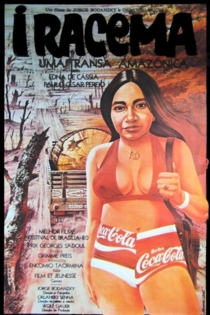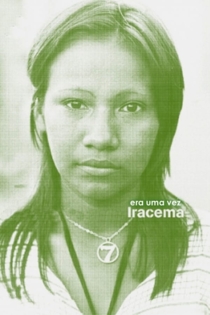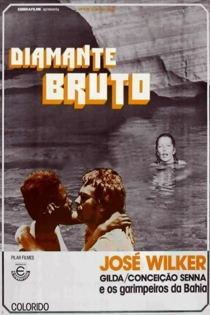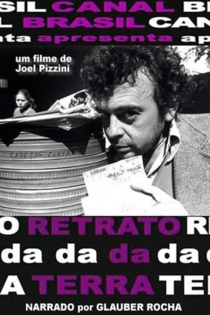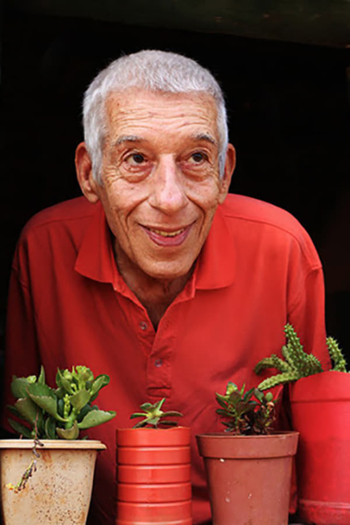
Orlando Senna
1940 (85 лет)Depois do Transe
Paloma Rocha, Joel Pizzini
Glauber Rocha, Paulo Autran
The documentary "Depois do Transe" covers the entire process of creating the masterpiece "Entranced Earth", which was released and awarded at the Cannes Film Festival in 1967. "Entranced Earth" charmed the world and won great admirers such as filmmaker Martim Scorsese and the writer Marguerite Duras, who at the time considered a "fabulous filmic opera."
Depois do Transe
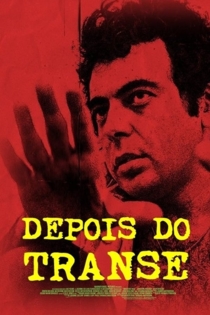
Bahia Sci Fi
Petrus Pires
Orlando Senna, Roque Araújo
Since the 1970s, Roberto Pires has militated against the use of nuclear energy. For that, he went looking for the biggest Brazilian name in this subject, César Lattes, professor of Nuclear Physics at UNICAMP. Believing that nuclear energy could, in the long run, extinguish human life. With the collaboration of Orlando Senna, he writes the screenplay for the film “Abrigo Nuclear”, an ambitious production, science fiction film entirely produced and shot in Bahia. With little money, armed with his creative ability, Roberto builds a 'spaceship' and a studio in the backyard of his house. He calls children, relatives and friends and begins production on “Nuclear Shelter”, which is released in 1981. With statements by Orlando Senna, Laura Pires, Nonato Freire, among others, the documentary "Bahia SCI-FI" intends to explore the universe that surrounded Roberto Pires, Bahia and the possible nuclear war of the late 1970s and early 1970s. 1980.
Bahia SCI-FI

Idade da Água
Orlando Senna
Dira Paes, Gaby Amarantos
The film warns us about the world's water crisis and the international greed for the Amazon Forest, the largest fresh water reservoir on the planet. In addition to concentrating 20% of the world's drinking water, the Amazon is the region with the greatest chance of maintaining its water sources in the next decades, thanks to the humidity of its forest.
The Age of Water
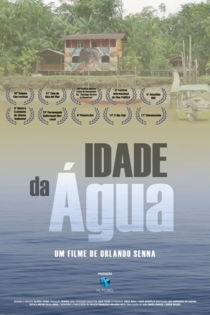
Candango: Memórias do Festival
Lino Meireles
Carlos Diegues, Milton Gonçalves
In 1965, a year after the military coup in Brazil, an oasis of freedom opened in the country's capital. The Brasília Film Festival: a landmark of cultural and political resistance. Its story is that of Brazilian cinema itself.
Candango: Memoirs from a Festival
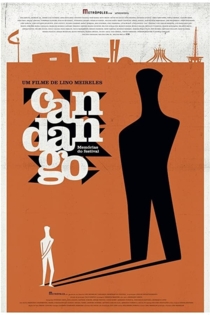
Tocaia no Asfalto
Roberto Pires
Agildo Ribeiro, Arassary de Oliveira
The psychology and life of Brazilian hitmen, common in the Northeast part of the country. In this particular case, the story revolves around a young and idealistic politician from Salvador, whom the enemies are eager to eliminate.
Tocaia no Asfalto
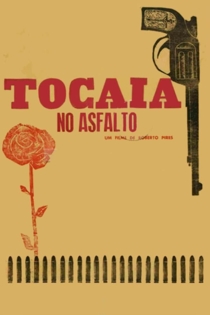
A Grande Feira
Roberto Pires
Geraldo del Rey, Helena Ignez
Made in the famous "Água de Meninos" market, the greatest popular market in Salvador, Bahia, Brazil. Salvador is revealed without prejudices, from the world of high finance up to the sordid environment of exotic cabarets.
A Grande Feira
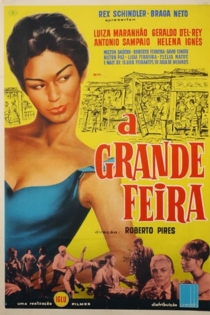
Filhos de João, O Admirável Mundo Novo Baiano
Henrique Dantas
Moraes Moreira, Pepeu Gomes
A panorama of Brazilian popular music from the 60s and 70s through the musical group Novos Baianos. A retrospective of the community lifestyle adopted by its members and the influence inherited from singer João Gilberto.
Filhos de João, O Admirável Mundo Novo Baiano
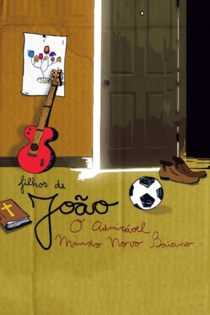
Glauber Rocha - The Movie, Brazil's Labyrinth
Silvio Tendler
Glauber Rocha, Orlando Senna
Documentary about Brazilian filmmaker Glauber Rocha, one of the most important names in the Cinema Novo, with interviews with some of his friends and colleagues.
Glauber Rocha - The Movie, Brazil's Labyrinth
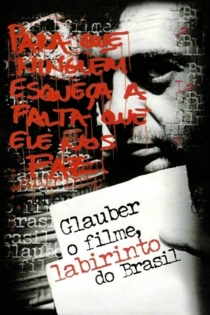
Iracema
Jorge Bodanzky, Orlando Senna
Paulo César Peréio
A girl from the countryside goes to the city of Belém to take part in the Círio de Nazaré celebrations. Led to prostitution, she wishes to move to the wealthiest Southeast region of Brazil. In a dance club, she meets a truck driver that transports wood. Dreaming with the big city, she asks for a ride, and the two begin a journey through the Trans-Amazon road. In tension with the Brazilian military authorities of the time, the film registers several aspects of the Amazon social tragedy – forest fires, slave work and child prostitution. Awarded in several international festivals, the film was forbidden by the Brazilian censorship. It was only released years later, winning the Brasília Film Festival in 1981.
Iracema
